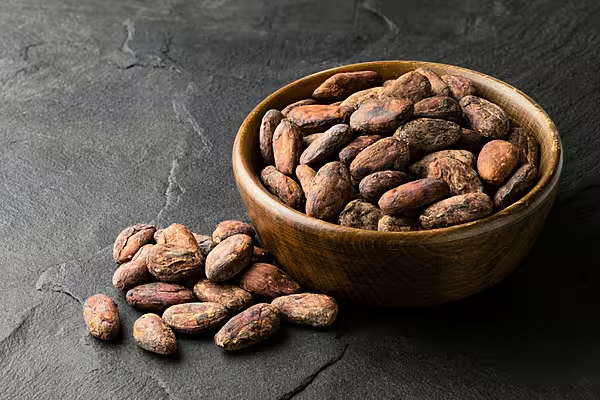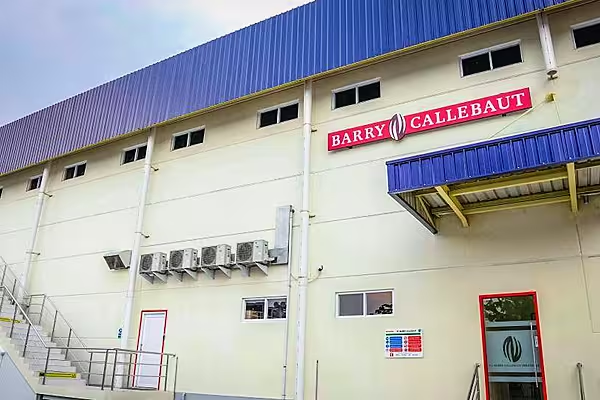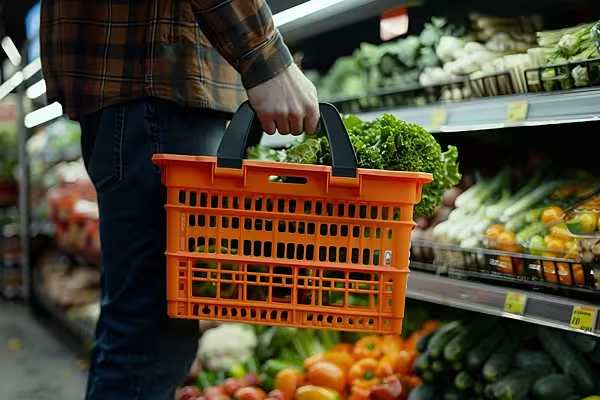The European cocoa and chocolate industry is offering to share data on cocoa farm locations with top producers Ivory Coast and Ghana in an effort to ramp up efforts to fight deforestation in the sector.
Cocoa traders, consumers and producers are coming under increased pressure from governments to ensure their beans are not grown in protected forests as the global fight against climate change accelerates.
The European Commission has proposed a law, expected to be passed in 2023, aimed at preventing the import of commodities linked to deforestation by requiring companies to prove their global supply chains are not contributing to forest destruction.
However, cocoa companies often source from an indirect supply chain over which they have little visibility, so producing countries are under pressure to geolocate farms in this part of the chain so as not to jeopardise their commodity export revenues.
Direct Supply Chain
The European Cocoa Association (ECA) and the Association of Chocolate, Biscuit and Confectionery Industries of Europe (CAOBISCO) said farm data from their members' direct supply chain would help Ivory Coast and Ghana compile a national database covering all cocoa grown in the countries.
"The European cocoa and chocolate industries are fully committed to cocoa farm traceability that will (help ensure) products are deforestation-free when entering the EU single market," said ECA President Paul Davis and CAOBISCO President Aldo Cristiano.
The two were speaking at the ECA Forum in Rome, a triennial event that gathered top stakeholders in the cocoa sector.
News by Reuters, edited by ESM – your source for the latest supply chain news. Click subscribe to sign up to ESM: European Supermarket Magazine











